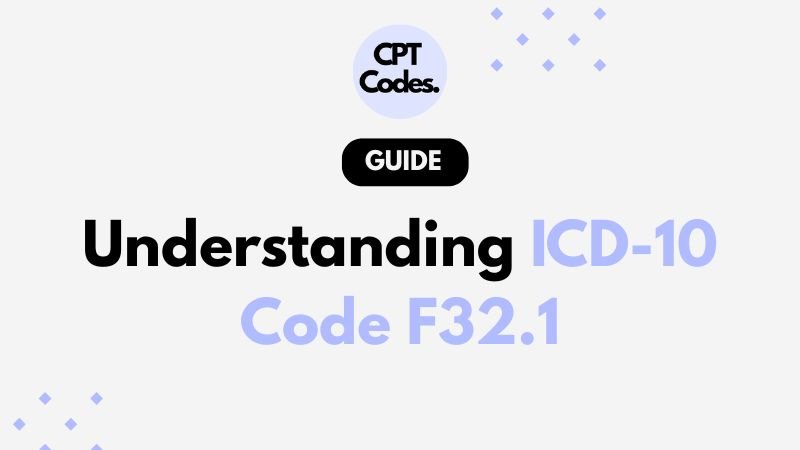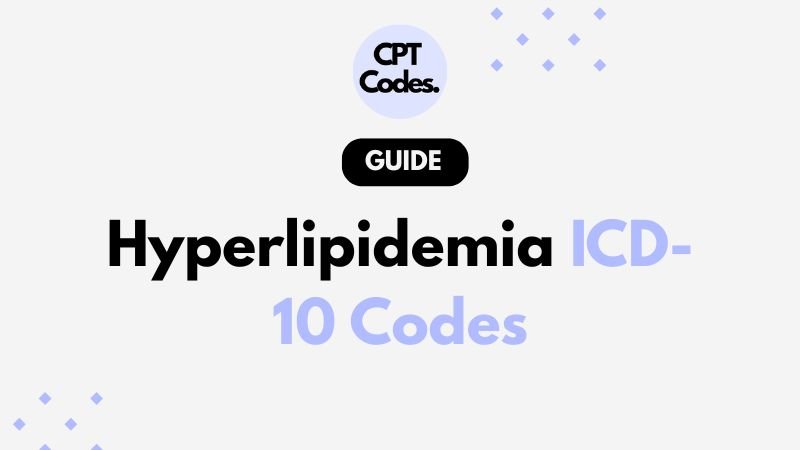ICD-10 Code R13.10 refers to “Dysphagia, unspecified” — that is, difficulty swallowing without a more specific diagnosis.
It is a billable / specific diagnosis code in ICD-10-CM used when medical documentation does not support choosing a more precise dysphagia subtype.
This code falls under the category R13.1 – Dysphagia in the ICD-10 chapter for Symptoms, signs and abnormal clinical and laboratory findings, not elsewhere classified.
When and Why Use R13.10
Clinical Presentation
Patients coded with R13.10 typically present with symptoms such as:
- Sensation of food or liquid “sticking” in the throat or chest
- Coughing or choking during meals
- Difficulty swallowing solids, liquids, or both (or a combination)
- Unexplained weight loss or dehydration linked to impaired oral intake
- Recurrent respiratory infections or aspiration risk due to swallowing problems
- Painful swallowing (odynophagia), if no clearer cause is documented
Use Cases & Limitations
- Use only when no subtype is documented: If clinical evaluation or diagnostic tests (e.g. barium swallow, endoscopy, manometry, swallowing study) do not pinpoint whether the problem is oropharyngeal, esophageal, or neuromuscular, then R13.10 may be appropriate.
- Not ideal when more specificity is available: If the medical record supports a more precise dysphagia code (e.g. oropharyngeal dysphagia, esophageal dysphagia), using that code is preferred.
- Payer scrutiny: Some insurers or auditors may deny or down-grade claims with non-specific or “unspecified” codes.
Example Scenario
A patient complains of swallowing difficulty, but the speech therapist’s evaluation, the barium swallow, and other tests do not conclusively show which phase (oral, pharyngeal, esophageal) is involved. In that scenario, the provider might code R13.10 (Dysphagia, unspecified) until further investigation clarifies the subtype.
Related Codes & Hierarchy
Here is how R13.10 fits among dysphagia (R13) codes:
| Code | Description | Specificity Level |
|---|---|---|
| R13.10 | Dysphagia, unspecified (difficulty swallowing NOS) | Less specific / general |
| R13.11 | Dysphagia, oral phase | More specific |
| R13.12 | Dysphagia, oropharyngeal phase | More specific |
| R13.13 | Dysphagia, pharyngeal phase | More specific |
| R13.14 | Dysphagia, pharyngoesophageal phase | More specific |
| R13.19 | Other dysphagia (other or multiple causes) | More specific or mixed |
Because R13.10 is a “catch-all” unspecified code, coders and clinicians should always check if further detail is available in the record to select a more precise subtype.Documentation & Best Practices
To support appropriate use of R13.10 and reduce risk of claim denials, good documentation is essential. Here are best practices:
-
Symptom detail
-
Describe what precisely the patient experiences: solids vs liquids, severity, frequency, onset
-
Note symptoms like choking, coughing, effort, residue, pain
-
-
Diagnostic findings
-
Include results of swallowing studies, imaging, endoscopy, manometry
-
Note absence of clear phase involvement if tests are inconclusive
-
-
Associated conditions / history
-
Document comorbidities (e.g. stroke, Parkinson’s disease, head & neck cancer)
-
Note prior surgeries, radiation, or structural lesions
-
-
Treatment plan & care interventions
-
Speech therapy, swallowing exercises, dietary modifications, hydration support
-
Progress notes and follow-ups
-
-
Reassess & refine diagnosis over time
-
If further workup yields a specific subtype, update the code accordingly
-
-
Avoid vague statements
- Phrases like “difficulty swallowing” without context or detail may not suffice for payers
By following these steps, providers can justify the use of R13.10 in claims and clinical documentation.
Implications for Billing & Reimbursement
- Billable code: R13.10 is a billable ICD-10 code (i.e. usable on claims) when documentation supports it.
- CPT/Procedure crosswalks: Common paired codes include swallowing evaluation procedures (e.g. CPT 92610, 92612, videofluoroscopic studies) when billed in conjunction with this diagnosis.
- Coverage risk: Some payers may require more specificity or refuse reimbursement if the code remains unspecified long term without further diagnostic efforts.
- Code transition: R13.10 is part of ICD-10, the system that replaced ICD-9. The analogous ICD-9 code was 787.20 (Dysphagia, unspecified).
Key Takeaways
- ICD-10 Code R13.10 denotes Dysphagia, unspecified — difficulty swallowing without a clearly defined subtype.
- Use it only when diagnostic evidence is insufficient to support a more precise dysphagia subtype.
- Good, detailed documentation (symptoms, tests, history, management) is critical to justify the code.
- When further diagnostic information becomes available, the diagnosis code should be refined to a more specific subtype.
- Be aware of reimbursement risks associated with using unspecified codes over time



